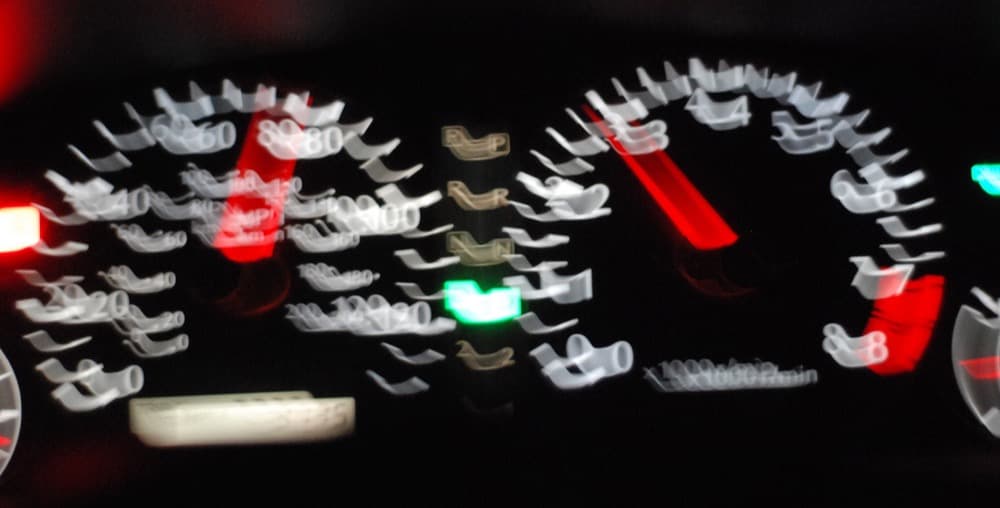Weekend drinkers in Denver tend to get too drunk to legally drive, a Colorado Department of Transportation project found.
This summer, CDOT partnered with BACtrack to give personal alcohol measuring devices to drivers around Denver. The idea was to see what effect they had on drivers.
CDOT makes the case that the program worked. In a post-program survey, 84 percent of the 225 participants agreed that having the breathalyzer lowered their risk of a drunk-driving charge.
Using the breathalyzer apparently made a lot of people realize they had been driving over the limit. Only 12 percent of the participants reported driving drunk while they had the breathalyzers, compared to about 79 percent who thought they probably had driven drunk before getting the devices.
The breathalyzers were given away at CDOT headquarters and Call to Arms Brewery. Participants got to keep the devices after the program ended.
The data they collected showed that a night of drinking was enough to put the average user over the limit. Fridays saw an average reading of 0.082 and Saturdays measured 0.096. Sundays, interestingly, showed 0.101. Be careful with that football.
(For context: The DUI limit is 0.08, and -- here's something to know --you can also get a "driving while ability impaired" at 0.05. A DWAI does not come with a license suspension.)
So, the data shows that people are getting too drunk to legally drive, and the participants anecdotally told CDOT that they had either not driven or had kept people from driving because of the breathalyzer. The Atlantic backs up this argument, citing "many researchers" who say personal devices could curb drunk driving.
Counterpoint: One 1984 study found that 83 percent of drivers got behind the wheel even after learning they were drunk. The study had a small sample size, and hopefully times have changed -- but the fact is that 30 percent of DUI offenders may continue to drive drunk even after an arrest.
Still, maybe this extra bit of information will influence drivers for the better. Sam Cole, communications manager for CDOT, acknowledged that the study was "not scientific," but he said that CDOT will be meeting with BACtrack and the National Highway Traffic Safety Administration to see how else the devices might be used and researched.
"You learn so much about what two or three drinks does to your BAC level," he said. "... If you have an actual number in front of you, it's irrefutable."













